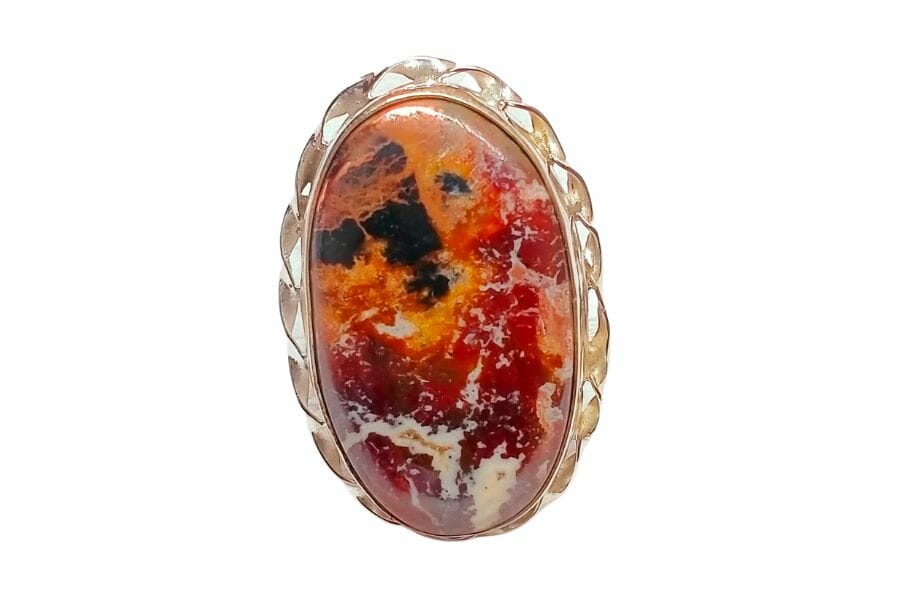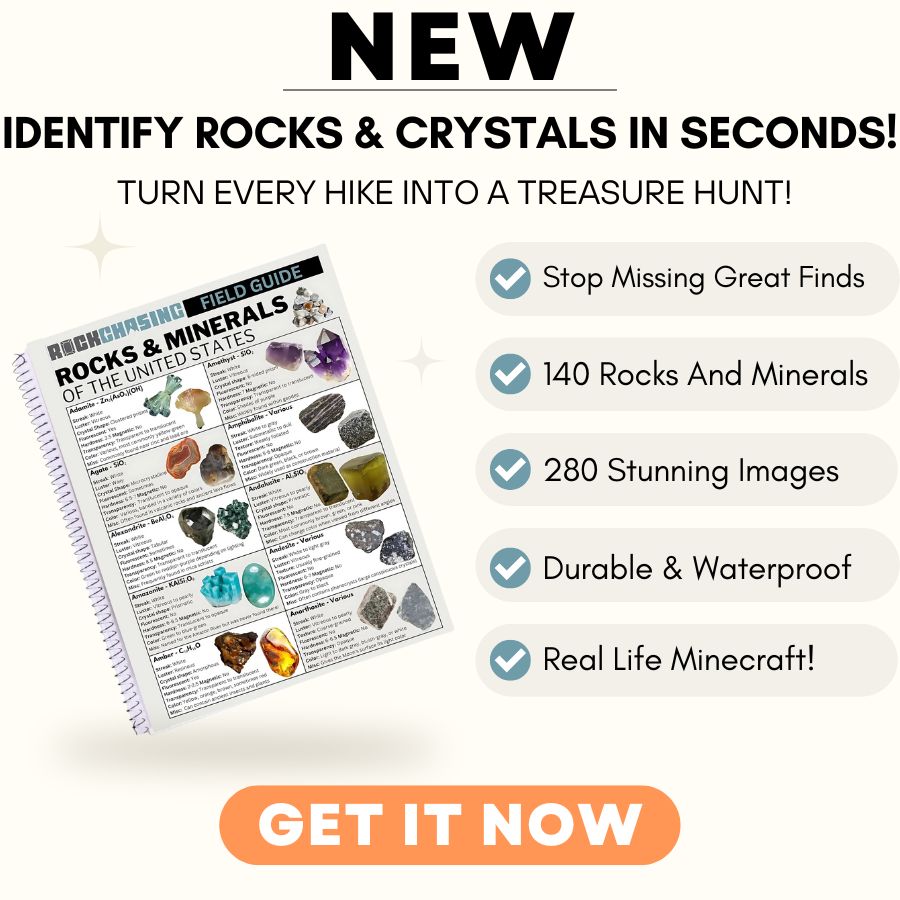Have you ever wondered what makes a rock genuinely remarkable? Well, hold on tight as we dive into the world of Dolomite. This natural mineral might not be on the tip of your tongue, but it holds a captivating story that’s sure to leave you amazed.
Geologists, builders, and even regular rock enthusiasts have long been fascinated by dolomite, a lovely rock formation made of calcium magnesium carbonate. What is the secret behind its increasing value and popularity?
The aesthetic attractiveness of dolomite is, first and foremost, undeniable. Its polished, smooth surfaces display a rainbow of colors, from gentle whites to vivid pinks and greens. Dolomite adds a touch of elegance to any scene, whether it’s carved into magnificent figures or utilized as decorative stone cladding.
Dolomite’s versatility extends beyond its beauty. It has incredible physical qualities because of its different chemical makeup. It’s strong, heat-resistant, and even works well as a natural insulator. Dolomite is used in various construction industries, offering strength, stability, and utility.
We’ll explore the secrets behind the value of dolomite and examine the variables that affect its market price. Expect a colorful trip that will make you appreciate this plain rock like never before!
What Dolomite Is
Dolomite is a type of sedimentary rock that forms through the process of dolomitization. It primarily comprises calcium magnesium carbonate, with a chemical formula of CaMg(CO3)2. In simpler terms, it’s a rock that combines calcium, magnesium, and carbonate ions.
What sets dolomite apart from other rocks is its unique composition. It typically forms when limestone, primarily made of calcium carbonate, undergoes a chemical transformation. During this process, magnesium-rich fluids seep into the limestone, replacing some of the calcium ions. The result? Dolomite is born!
One of the striking features of dolomite is its varied appearance. It can range from milky white to shades of gray, pink, or green, depending on the impurities present in the rock. Its texture can also vary, from being relatively smooth to exhibiting intricate crystalline structures.
Dolomite is a rock that emerges through natural metamorphosis. Its distinct composition and visual appeal make it a fascinating subject for further exploration. Don’t worry; we’re just getting started on our journey to uncover the actual value of Dolomite. Stick around, and dive deeper into its intriguing properties and significance!
How much is Dolomite worth
Determining the exact price of dolomite per carat can be challenging as dolomite is primarily used in industrial applications rather than in the gemstone market. Unlike precious gemstones such as diamonds or rubies, dolomite is not commonly valued or traded based on its carat weight. Its current price ranges from $45 to $910 per pound.
Why Dolomite Is So Expensive
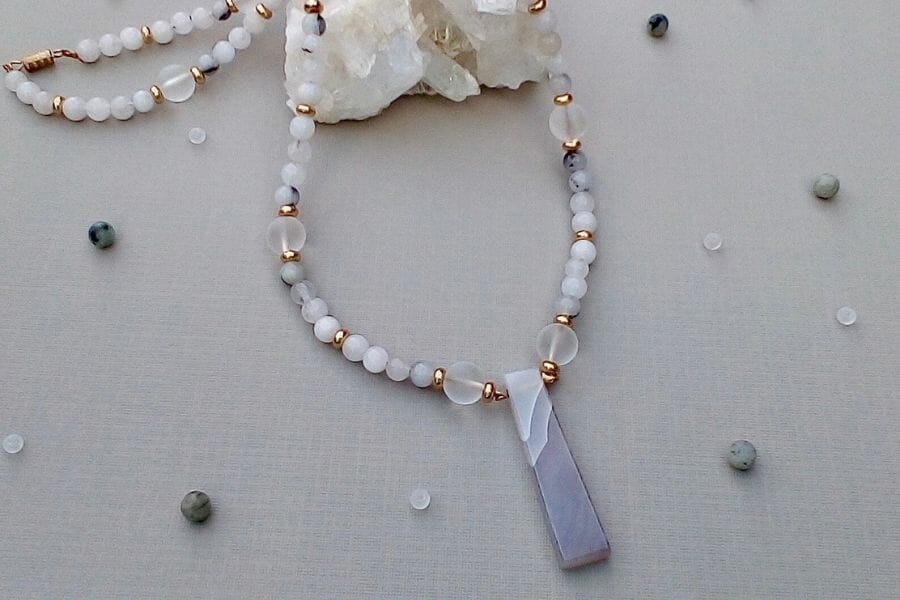
First and foremost, dolomite’s versatility is critical to its value. This remarkable rock boasts a wide range of applications across various industries. Its physical properties, such as durability, heat resistance, and natural insulating abilities, make it an invaluable asset in construction, manufacturing, and agriculture.
Dolomite finds its way into concrete, asphalt, ceramics, glass, fertilizers, and even as a soil conditioner. Farmers and gardeners highly value its ability to enhance soil quality by balancing pH levels and providing essential nutrients for plant growth.
Furthermore, dolomite’s aesthetic appeal adds to its desirability. With its captivating array of colors, from soft whites to vibrant pinks and greens, dolomite is special in decorative stone cladding, sculptures, and architectural elements. Its polished surfaces exude elegance and charm, elevating any setting with a touch of natural beauty.
Last but not least, dolomite’s availability and abundance play a role in its value. It can be found worldwide, making it accessible for commercial use. Its widespread distribution ensures a steady supply, contributing to its reasonable pricing.
How To Determine The Value Of Dolomite
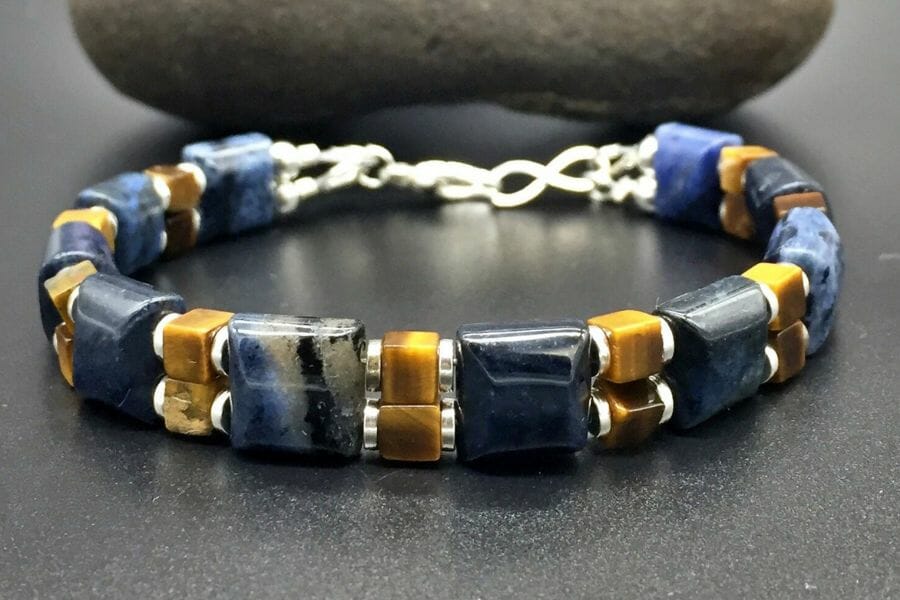
When calculating the value of dolomite, there are many factors to consider, including the following:
Quality and Purity
The quality and purity of dolomite significantly impact its price. Higher-quality dolomite with minimal impurities commands a higher value due to its enhanced physical properties and suitability for specific applications.
Quantity and Availability
The supply and demand dynamics play a crucial role in determining the price of dolomite. Factors such as extraction rates, availability of reserves, and market demand can influence the cost of dolomite.
Extraction and Processing Costs
Economic and market conditions can influence the price of antimony. Factors like inflation, currency fluctuations, and global economic trends can impact commodities’ overall demand and pricing, including antimony.
Application and Market Demand
The specific application of dolomite in various industries influences its value. Industries such as construction, agriculture, and manufacturing rely on dolomite for different purposes, and the demand from these sectors can affect its price.
Market Conditions and Economic Factors
Overall, market conditions, such as economic fluctuations, supply and demand dynamics, and global trade factors, can influence the price of dolomite. Changes in these external factors can impact the market value of dolomite.
Dolomite Price By Type
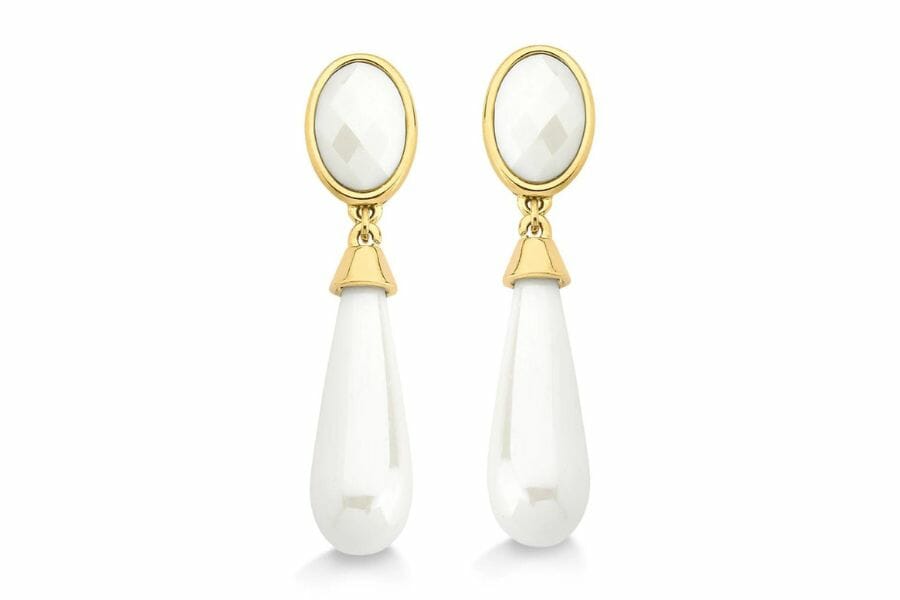
Prices of dolomite typically range from $45 to $910 a pound. Dolomite specimens that are rare can cost more than usual.
Dolomite pricing by unit of measurement
The price ranges of various dolomite are incredibly diverse. Let’s figure out how much the other Dolomite units will cost.
| Measurement | Price |
| A carat of dolomite | $0.02 to $0.40 |
| A gram of dolomite | $0.10 to $2.00 |
| An ounce of dolomite | $2.80 to $56.70 |
| A kilogram of dolomite | $100 to $2,000 |
| A pound of dolomite | $45 to $910 |
| A ton of dolomite | $$90,718.50 to $1,814,370 |
How To Get An Appraisal On Your Dolomite
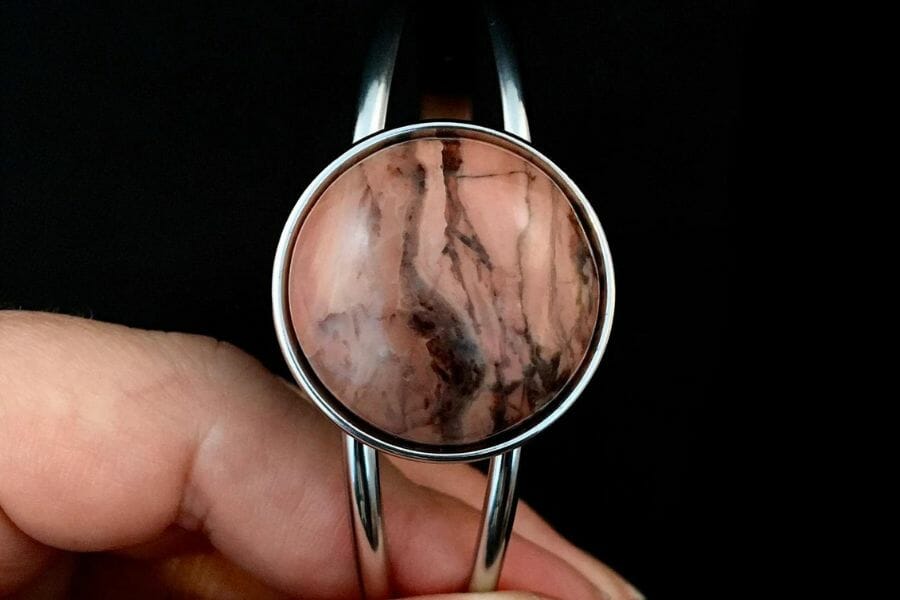
Obtaining an appraisal for dolomite can be challenging due to its primarily industrial use and lack of standardized valuation processes compared to gemstones or precious metals. However, you can take a few steps to get an estimate of the value of your dolomite.
Reach out to geologists, mineralogists, or professionals with expertise in rocks and minerals. They can provide valuable insights into your dolomite specimen’s quality, characteristics, and potential value.
Conduct thorough research on the current market prices for dolomite. Explore industry publications, online marketplaces, and mineral trade websites to gather information on recent sales or pricing trends.
Look for professional appraisers who specialize in minerals and rocks. They can assess the value of your dolomite based on its quality, size, rarity, and potential market demand. Seek recommendations from local geological societies or gem and mineral clubs to find reputable appraisers.
Visit mineral shows, exhibitions, or auctions where dolomite specimens are bought and sold. Engage with sellers, collectors, and enthusiasts to gain insights into dolomite pricing and market trends.
Obtain multiple appraisals from different experts or appraisers to ensure a well-rounded understanding of the value of your dolomite. Different opinions can help you gauge a more accurate estimate.
Remember, while an appraisal can provide an estimated value, the final price of your dolomite will ultimately be determined by factors such as market demand, negotiation skills, and the specific buyer’s requirements.

